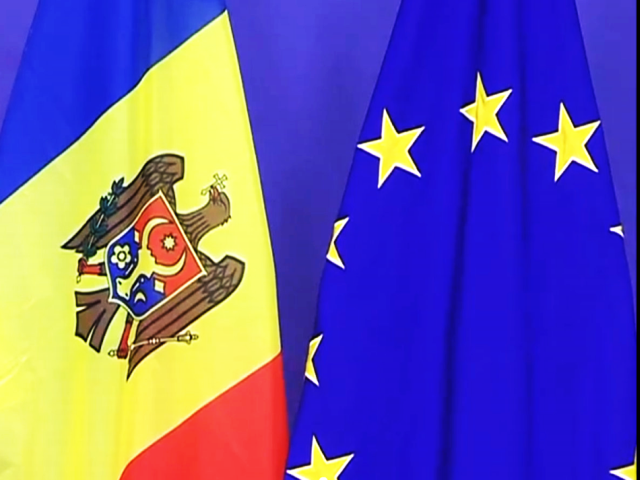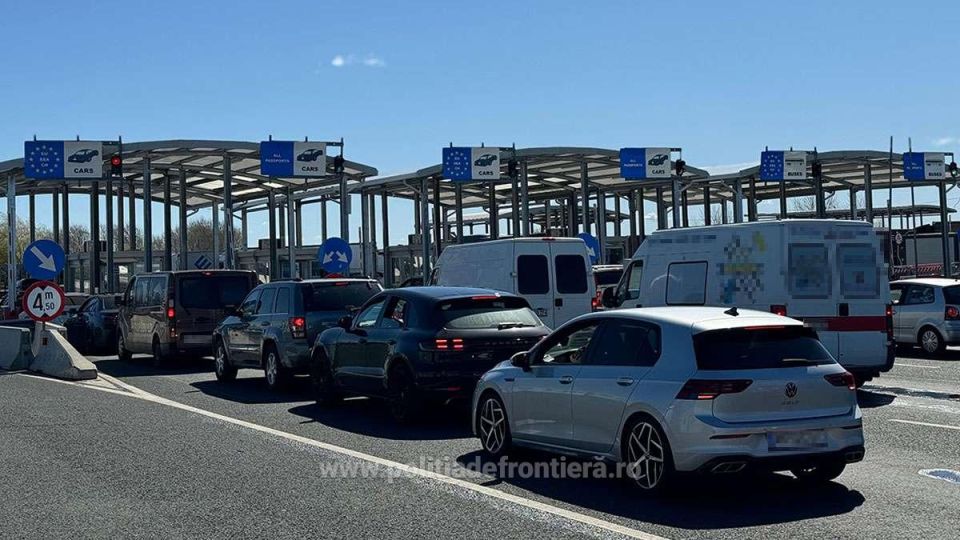No more visas for the Republic of Moldova
A historic decision for Moldova’s European future has been taken as the European Parliament voted, by a large majority, for the liberalisation of the visa regime for Moldovan citizens holding biometric passports. The decision was predictable, since it was commonly known at the end of 2013 that the country had already met all required criteria for a visa waiver.

Leyla Cheamil, 28.02.2014, 13:16
A historic decision for Moldova’s European future has been taken as the European Parliament voted, by a large majority, for the liberalisation of the visa regime for Moldovan citizens holding biometric passports. The decision was predictable, since it was commonly known at the end of 2013 that the country had already met all required criteria for a visa waiver.
Moldovan citizens will be able to travel freely in the Schengen area, as tourists, for a 90-day period. Thus, the Republic of Moldova becomes the first Eastern Partnership member state whose citizens no longer need visas to enter the EU. Thursday’s decision might take effect as of this summer, after it is endorsed by the European Council.
A staunch supporter of Moldova’s pro-European ambitions, Romania has hailed the vote by the European Parliament. Romania’s President Traian Basescu has congratulated Moldova’s government for its sustained and consistent efforts to meet the visa waiver conditions. Romania’s foreign minister Titus Corlatean says the visa liberalisation is the natural consequence of and a reward for four years of sustained and courageous efforts by the Moldovan authorities.
The vote in the European Parliament sends a strong political message of support from the European Union for the citizens of the Republic of Moldova, the Romanian foreign minister has also underlined. This is the first step forwards that Moldova has taken in its efforts to join the EU, the president of the Republic of Moldova, Nicolae Timofti has said, adding that his country should continue reforms in order to reach European standards.
The decision to lift visas for Moldovan citizens was made after Chishinau initialled the EU Association Agreement, at the Eastern Partnership Summit held in Vilnius, in November 2013. Created for six former Soviet republics, namely Armenia, Azerbaijan, Belarus, Georgia, the Republic of Moldova and Ukraine, the Eastern Partnership gives a chance to the aforementioned countries to have very close relations with the European Union, by boosting political cooperation and increasing economic integration.






























